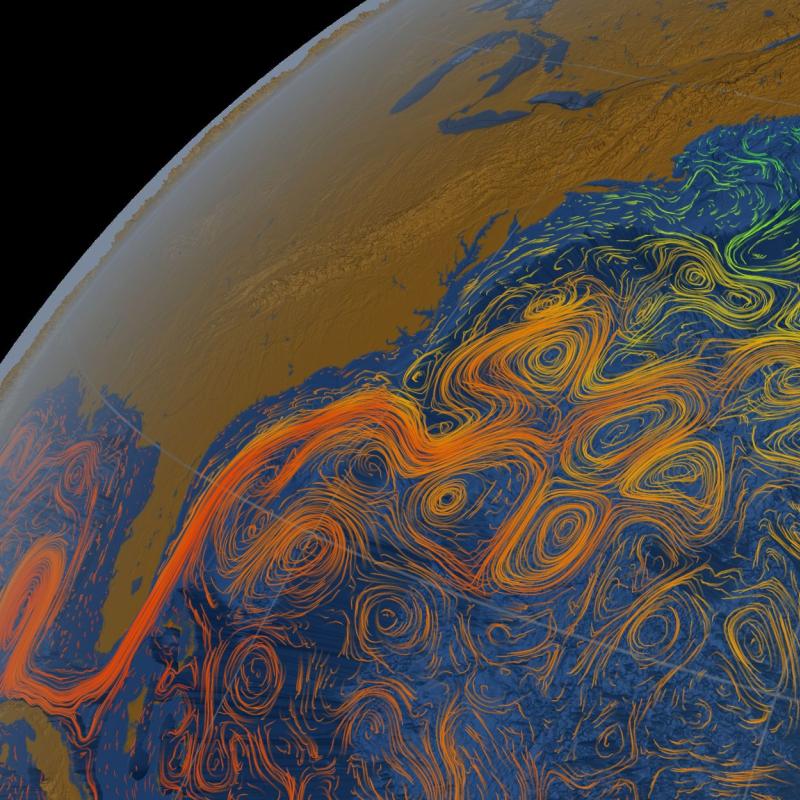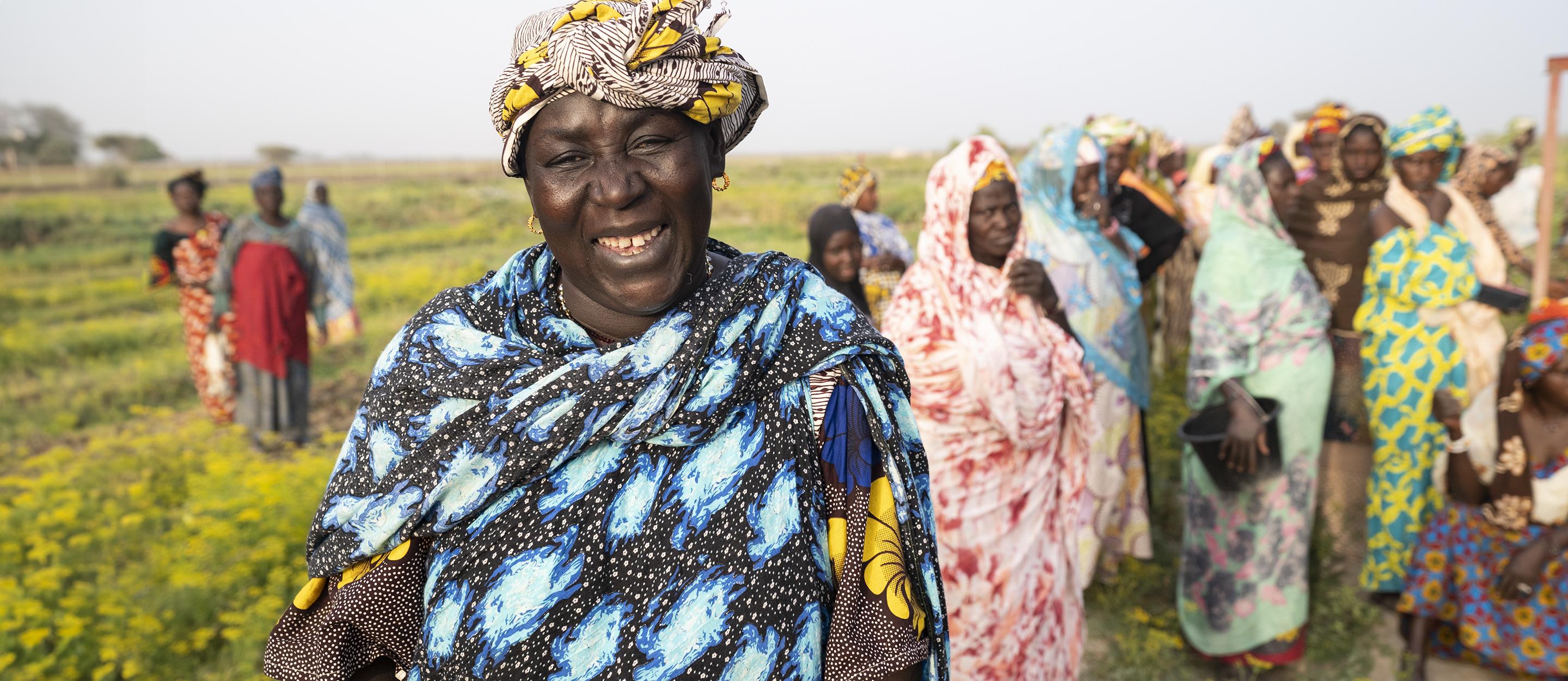 Katrin Gänsler
Katrin Gänsler
The climate crisis is tougher on women
Higher temperatures affect people around the globe in vastly different ways, and this is also linked to gender. Climate policy therefore has to consider gender as a factor – which is another reason for a feminist development policy.
- What does climate change have to do with gender?
- Are women in rural areas and those in urban areas equally affected by the climate crisis?
- Are women also more at risk of violence during extreme weather events?
- Does this inequality between the genders occur only under extreme weather conditions?
- Does this also mean that women are less able to mitigate climate change?
What does climate change have to do with gender?
According to the United Nations, rising temperatures affect women more severely than men. One reason is that climate change impacts the more vulnerable and poorer people more acutely than others. As women usually have less of everything available to them – food, housing, money and protection – they are more vulnerable to, and also more frequently affected by, events such as heat waves and heavy rainfall than men are. So climate change has the potential to exacerbate the inequalities between the genders, which is why international cooperation needs to pay special attention to women.
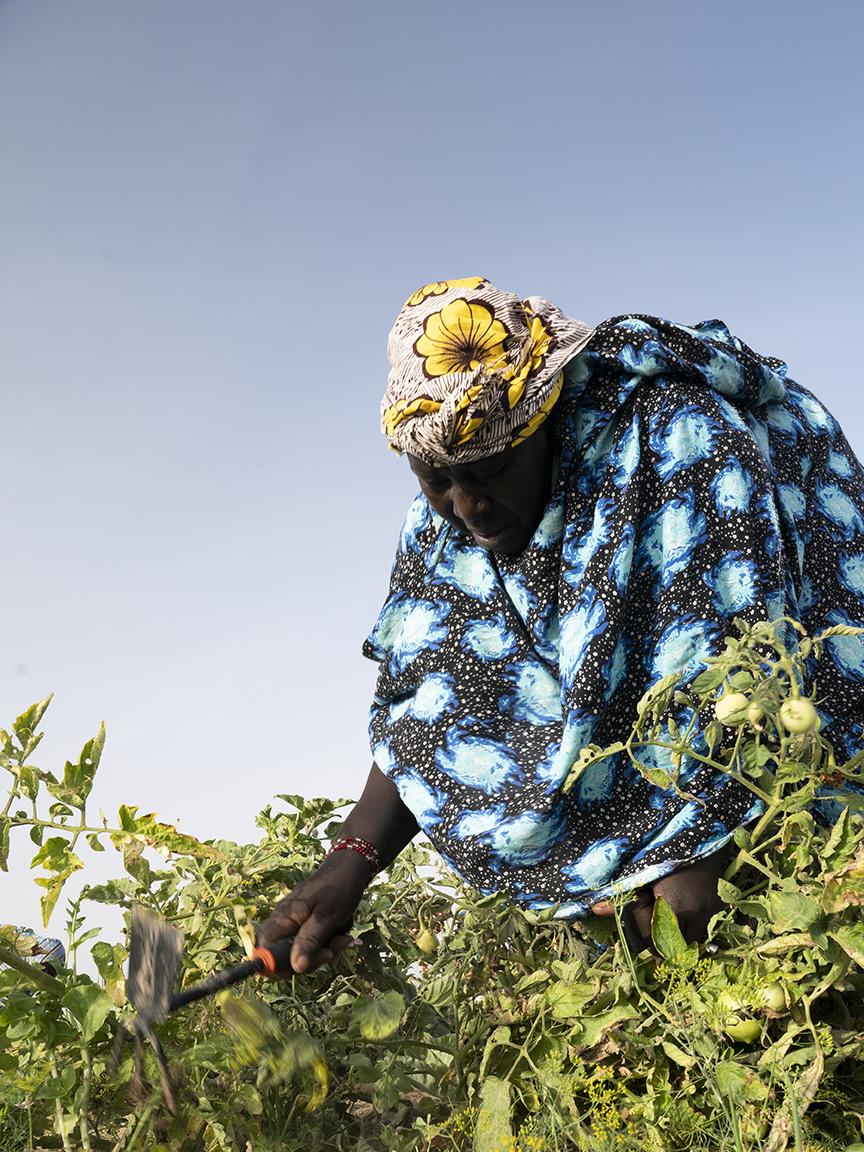 Katrin Gänsler
Katrin Gänsler
Are women in rural areas and those in urban areas equally affected by the climate crisis?
The gender factor is even more pronounced in rural areas because the people there, particularly in developing countries, live in closer contact with nature. They are immediately affected if the rains fail or flooding occurs. For traditional reasons men, as those who ‘go out into the world’, tend to have more opportunities to leave for the nearest town, another region or even a different country. The women often stay behind – along with the children – frequently with no land rights or resources. Only around 14 per cent of all land owners anywhere in the world are women. According to UN Women, those who are already ‘invisible’ in everyday life will also be partly or totally neglected in crisis situations.
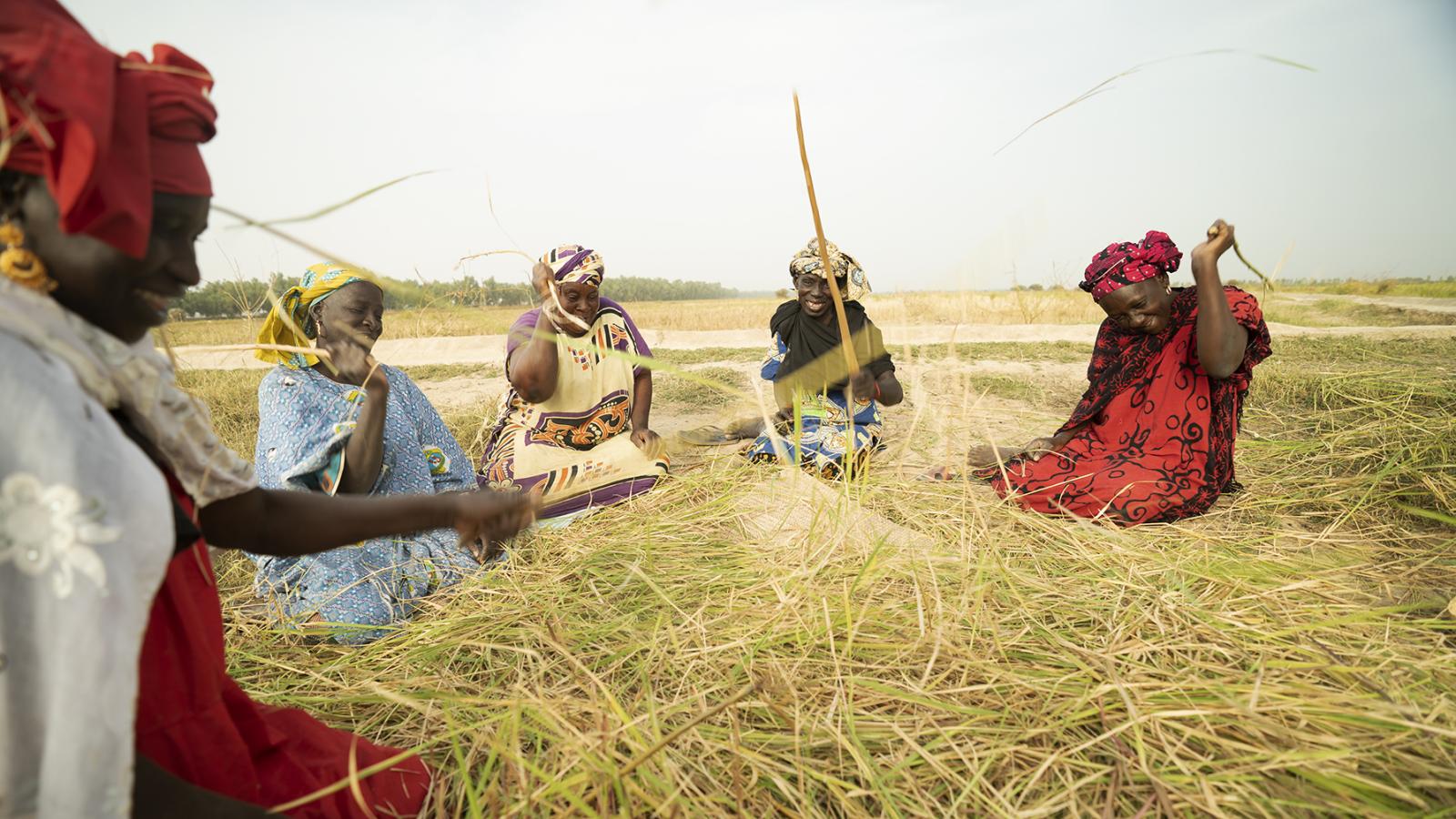 Katrin Gänsler
Katrin Gänsler
Are women also more at risk of violence during extreme weather events?
According to information from the UN, women generally have to endure more gender-specific violence in extreme situations, including natural disasters, because the security forces are occupied with other tasks at such times. Apparently child marriage is also more common under such extreme conditions, either because girls have less protection or simply because they have to be provided for. They are also the first ones who are prevented from going to school during times of unrest. So it is all the more important to help girls and young women to attend school whatever their life circumstances are.
Does this inequality between the genders occur only under extreme weather conditions?
At such times the difference is especially large, but it also exists generally with regard to climate change. Women are much less well represented in decision-making bodies at all levels of societies and therefore also have less say when it comes to planning climate-related decisions. Women are normally not involved in decisions about where retention basins are built, how the water supply is organised, and whether there are refuges in case of flooding and what they are like. By contrast, the feminist development policy aims to tackle these aspects and to help reduce precisely these kinds of structural disadvantages by increasing women’s participation. A greater focus will be placed on the ‘3Rs’: rights, resources and representation. GIZ is currently working to build up skills specifically in these areas, so that hidden and unfair power structures can be identified and tackled more readily.
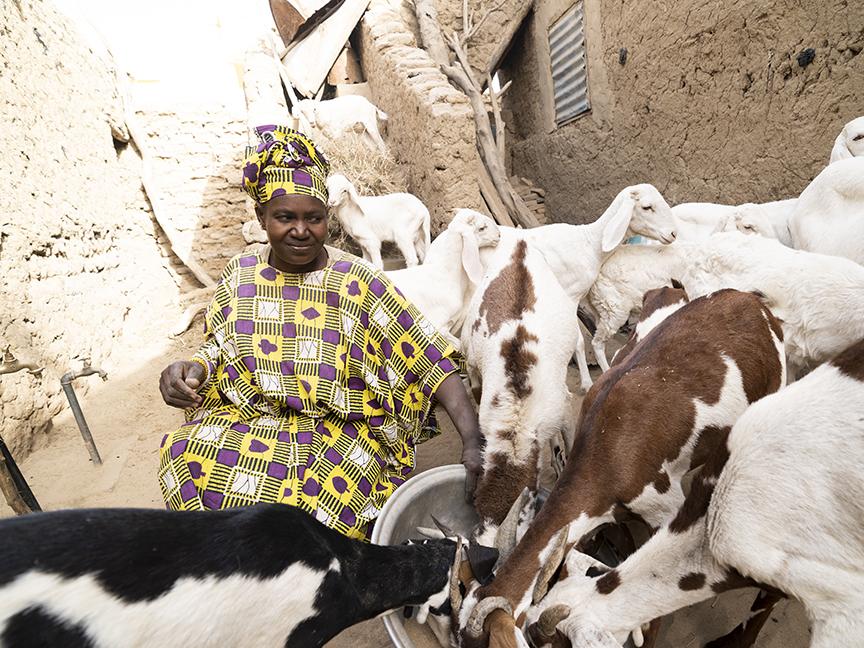 Katrin Gänsler
Katrin Gänsler
Does this also mean that women are less able to mitigate climate change?
Actually the opposite is the case. Women play a key role when it comes to living and doing business more sustainably. Almost everywhere, they are the ones who raise the children and do the housework. They can be role-models, accompanying and supporting the next generation on the transformation path we are taking in order to cope with climate change. Women also generally consume less energy and resources, and according to the UN they consequently contribute less to rising temperatures. Furthermore, when they are able to make decisions, they often choose the more sustainable option. Women are therefore frequently called ‘agents of change’. For this reason it is crucial to properly involve them everywhere.
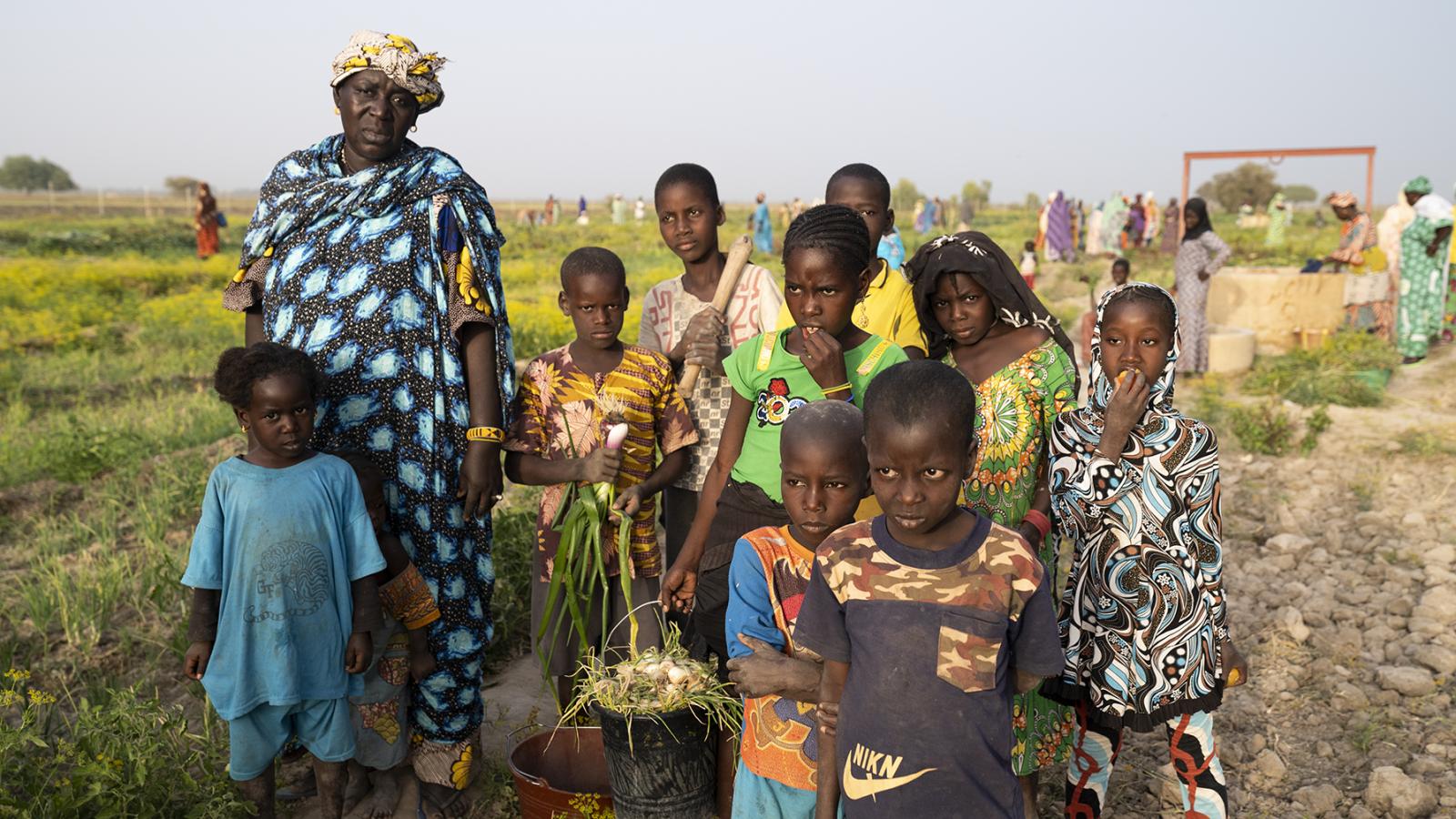 Katrin Gänsler
Katrin Gänsler
More on Gender and Climate Change
- Introduction to Gender and Climate Change (UNFCCC)
- Explainer: How gender inequality and climate change are interconnected (UN Women – Headquarters)
- Global gender equality in 2023: Urgent efforts needed to reach 2030 goals (UN Women – Headquarters)
- Gender and the environment: What are the barriers to gender equality in sustainable ecosystem management? (IUCN)

